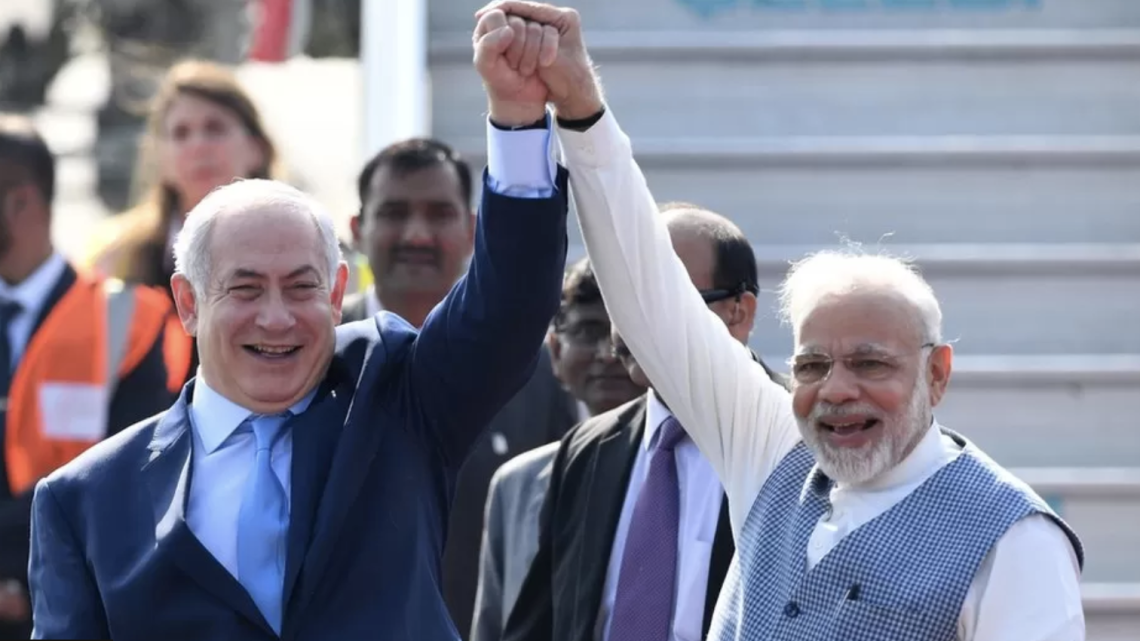
India’s Alleged Embrace of Israel’s Palestinian Occupation Model in Kashmir Sparks Concerns
January 18, 2024In recent reports, Srinagar-based political experts and analysts have raised alarm over India’s purported adoption of Israel’s model of occupation in the Indian illegally occupied Jammu and Kashmir. According to statements and interviews, these experts argue that India and Israel are collaboratively implementing similar oppressive tactics in their respective regions, indicating strategic coordination between the two nations.
The experts claim that India’s emulation of Israel’s approach is not a recent development but has gained momentum under the leadership of Prime Minister Narendra Modi, who is associated with the Rashtriya Swayamsevak Sangh (RSS). They assert that the ideological parallels between Hindutva and Zionism have paved the way for a strengthened relationship between the two countries. From historical figures like Sarvarkar to Golwalkar, Hindutva ideologues have expressed support for Zionism, establishing a foundation for the current alliance.
Drawing parallels between the situations in Kashmir and Palestine, the experts highlight the use of Israeli-inspired oppressive techniques by India. These methods reportedly range from arbitrary detentions and surveillance to imposing restrictions and engaging in extrajudicial killings. Allegedly, Indian security forces have received training in Israel, replicating the violent operations employed by Israel against Palestinians.
The experts emphasize that the alliance between Hindutva and Zionism is rooted in a shared animosity towards Islam and Muslims. Both India and Israel, they claim, are committing crimes against Muslims, with India’s recent domicile law for the Indian illegally occupied Jammu and Kashmir mirroring the Israeli settler colonial project, aimed at altering the demographic composition of the region.
Notably, the experts stress the longstanding struggle of the Kashmiri and Palestinian people for their UN-recognized right to self-determination, spanning over seven decades. They call for increased international attention and support, urging the global community to prioritize the resolution of these protracted disputes.
The analysts argue that India and Israel are openly violating international laws in Kashmir and Palestine, asserting that both nations are among the world’s worst violators of human rights. The close military cooperation between the two countries is deemed perilous for global peace, prompting a plea for international intervention in resolving the persisting conflicts.
To conclude, the concerns raised by Srinagar-based political experts and analysts point to a perceived alignment between India and Israel in their approaches to occupied territories. As the international community grapples with these allegations, the urgent need for diplomatic intervention and a commitment to upholding human rights takes center stage.

